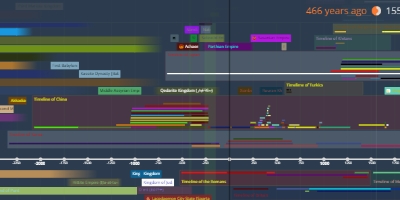Federative Republic of Brazil (República Federativa do Brasil) (jan 24, 1967 – mar 15, 1985)
Description:
Despite initial pledges to the contrary, the military regime enacted in 1967 a new, restrictive Constitution, and stifled freedom of speech and political opposition. The regime adopted nationalism, economic development, and anti-communism as its guidelines.The dictatorship reached the height of its popularity in the 1970s with the so-called "Brazilian Miracle", even as the regime censored all media, and tortured and exiled dissidents. João Figueiredo became President in March 1979; in the same year he passed the Amnesty Law for political crimes committed for and against the regime. While combating the "hardliners" inside the government and supporting a re-democratization policy, Figueiredo could not control the crumbling economy, chronic inflation and concurrent fall of other military dictatorships in South America. Amid massive popular demonstrations in the streets of the main cities of the country, the first free elections in 20 years were held for the national legislature in 1982. In 1985, another election was held, this time to elect (indirectly) a new president, being contested between civilian candidates for the first time since the 1960s, being won by the opposition. In 1988, a new Constitution was passed and Brazil officially returned to democracy. Since then, the military has remained under the control of civilian politicians, with no official role in domestic politics.
Brazil's military government provided a model for other military regimes and dictatorships throughout Latin America, being systematized by the so-called "Doctrine of National Security", which "justified" the military's actions as operating in the interest of national security in a time of crisis, creating an intellectual basis upon which other military regimes relied.[7] In 2014, nearly 30 years after the regime collapsed, the Brazilian military recognized for the first time the excesses committed by its agents during the years of the dictatorship, including the torture and murder of political dissidents. In May 2018, the United States government released a memorandum, written by Henry Kissinger, dating back to April 1974 (when he was serving as Secretary of State), confirming that the leadership of the Brazilian military regime was fully aware of the killing of dissidents. It is estimated that 434 people were either confirmed killed or went missing (not to be seen again) and 20,000 people were tortured during the military dictatorship in Brazil. While some human rights activists and others assert that the true figure could be much higher, and should include thousands of indigenous people who died because of the regime's negligence, the armed forces have always disputed this.
Added to timeline:
Date:
jan 24, 1967
mar 15, 1985
~ 18 years
